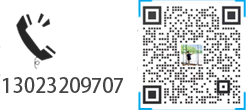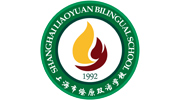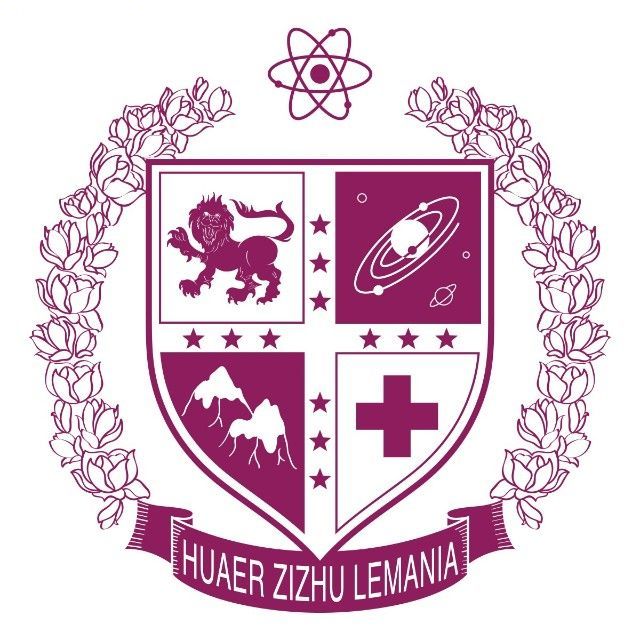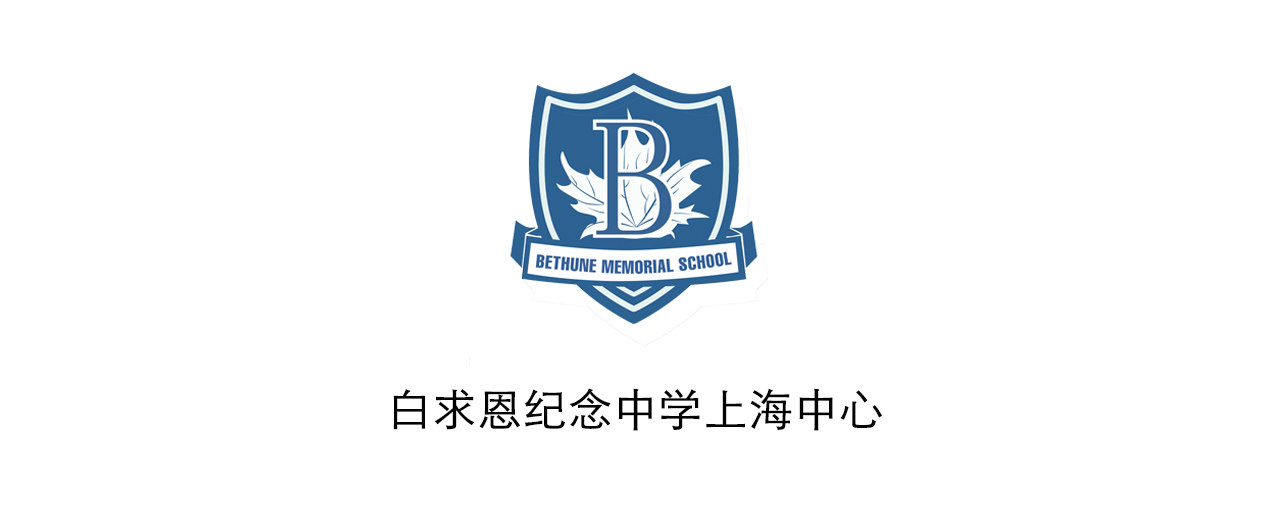【威雅公学】用好奇心探求科学真理
时间: 2019-05-27
来源: 威雅公学
分享到:
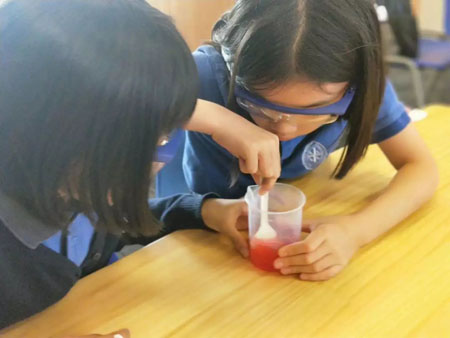
威雅公学的小学生们最近一直在通过科学实验来学习科学知识。小学三、四、五年级的学生一直集中在学习科学探究和科学方法,引导学生们如何思考、学习、解决问题和做出明智的决定。这些能力对于学生今后学习和生活的各个方面来说都是不可或缺的。
我们的课程是以探究为基础的项目和活动,物态变化、光和空间单元构成了我们的科学课程项目。学生们面临的挑战是进行观察、寻找模式和分析数据,并通过这个过程构建更深层次的理解。
孩子们天生就充满好奇心。我们的科学课就旨在培养孩子的好奇心,鼓励他们提出问题并培养他们回答这些问题的技能。所以,哪种巧克力能化的更快呢?牛奶巧克力,白巧克力还是黑巧克力呢?你的猜测是什么呢?为什么你认为黑巧克力会融化的最快?这个结果告诉了我们什么?整个教室充满了学习的氛围,每个孩子都迫切地想分享自己的想法和建议。
五年级的学生进行的是以探究为基础的活动,目的是了解光是沿直线传播还是沿曲线传播?如果遇到镜子和其他道具会发生什么?不同的材料对光线有什么样的影响?这些问题激发了学生的好奇心,他们为自己的发现而感到兴奋,这也激励了他们与他人讨论和辩论自己的想法。这些学生与学生、学生与老师之间的讨论不仅有利于他们科学课的学习,还帮助了学生们语言和新词汇的进一步拓展。
学生创造、执行、评估和交流实验结果的这一过程,可以帮助他们将技能应用于学校里可能面临的其他挑战,比如在一篇有说服力的论文中证明一个观点。我们每周的科学课程都会将解决这些问题的方法渗透在其中,这是重要的一课。我们希望这不仅能够培养学生们批判性思维的技能,也让他们有机会从小就参与到科学中来。
The pupils of WAIS have been learning science by doing science. Grades 3, 4 and 5 have been focusing on Scientific Inquiry and the Scientific Method. This involves teaching them how to think, learn, solve problems and make informed decisions. These skills are integral to every aspect of a pupil’s education and life, from primary school to university!
Our lessons have been inquiry based projects and activities which have been constructed from the Changing States, Light and Space units of our Science Curriculum. The pupils have been challenged to make observations, look for patterns, analyse data and through that process construct deeper understanding.
Children are naturally curious. Our science lessons aim to nurture this curiosity and allow them to ask questions and develop the skills they need to answer those questions. So which chocolate would melt quicker; milk, white or dark? What do you predict? Why do you think the dark chocolate melted the fastest? What does this tell us? The classroom becomes a thriving environment for learning as the children are eager to share they thoughts and suggestions.
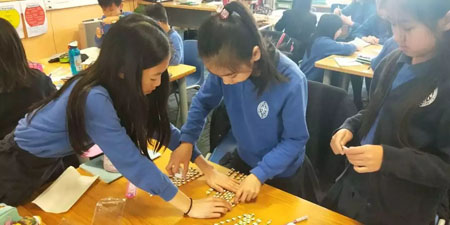
Grade 5 were set this enquiry based activity to find out if light travels in straight lines or waves? What happens if they involve the mirrors and other props? How is light affected by different materials? These questions draw out the pupil’s sense of wonder and they are excited by their discoveries, motivating them to share discuss and debate their ideas with others. These pupil- to- pupil and pupil- to- teacher discussions not only support science learning, but also lead to the further development of language and new vocabulary.
The process pupils learn when creating, executing, evaluating and communicating the results of an experiment can be applied to further challenges they may face in school, such as proving a point in a persuasive essay. These problem solving skills have been embedded in our weekly science lessons, making it an important lesson, not only because it gives them the critical thinking skills they need in all other subjects, but it also engages them in science from an early age.
上一篇:威雅公学U13无板篮球队不断成长

